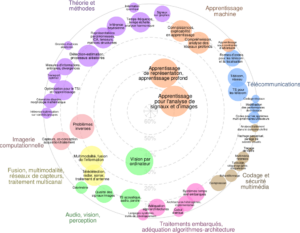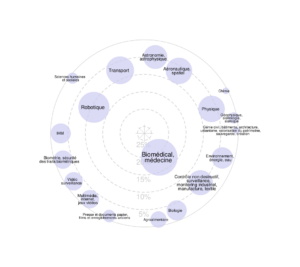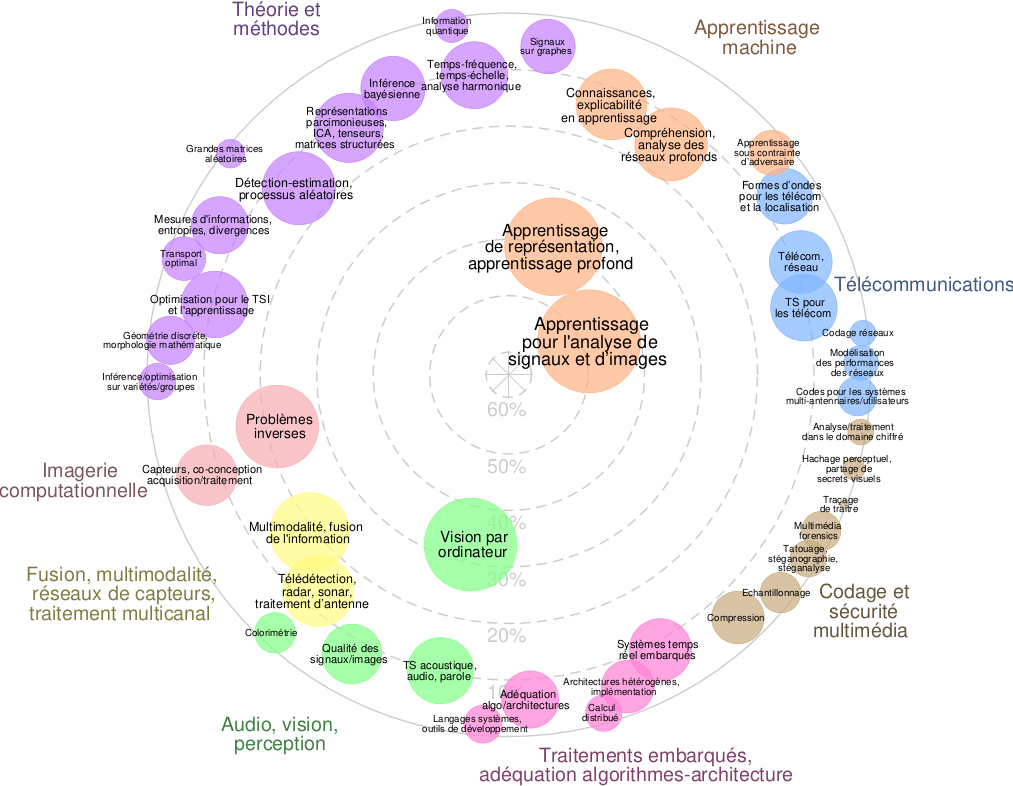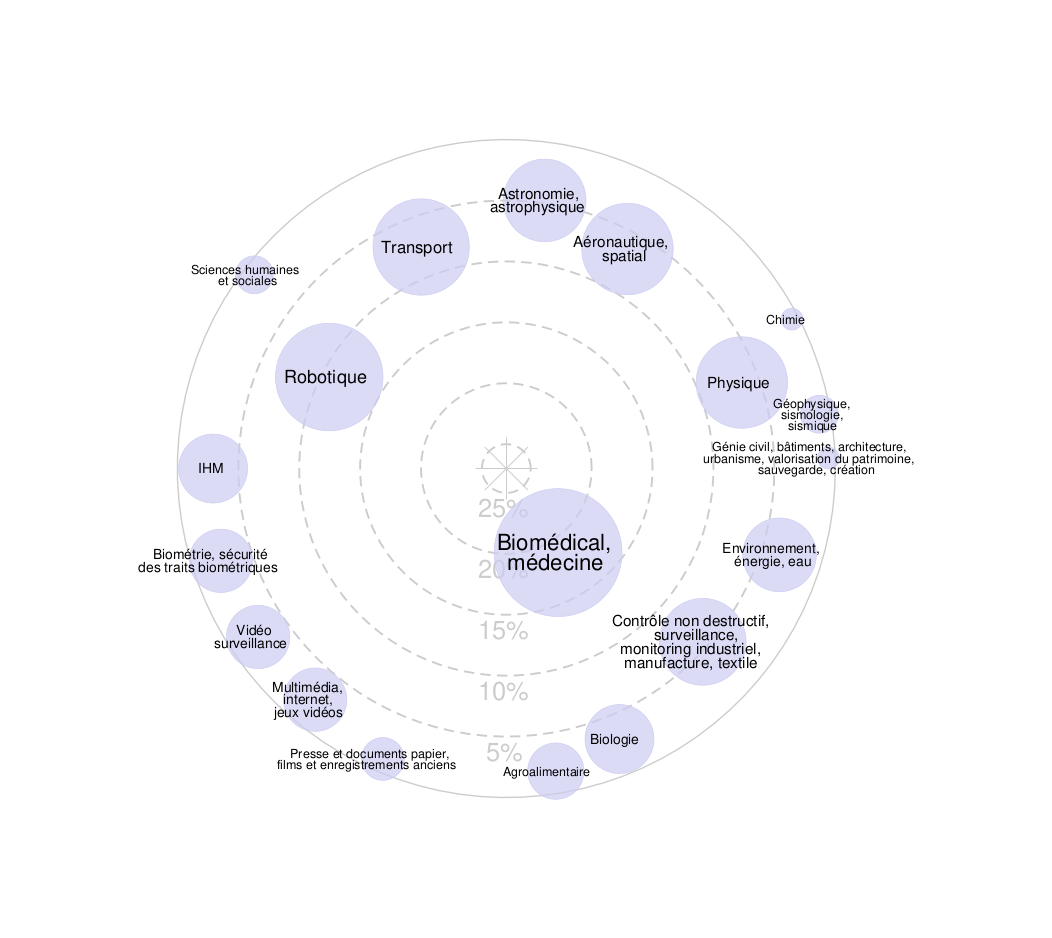Position description :
Preliminary remark:
The Service Hospitalier Frédéric Joliot (SHFJ) is a medical imaging center from CEA (the French Alternative Energies and Atomic Energy Commission). Its mission is to provide medical services for the general public and to carry out research in collaboration with academic partners. To carry out these missions, the SHFJ brings together a broad spectrum of experts in scientific computing, instrumentation and radiochemistry, as well as biologists, pharmacologists and physicians specialized in biomedical imaging, particularly for applications in neurology and oncology. The SHFJ has a wide range of medical imaging equipment, including X-ray scanners, MRI, ultrasound and nuclear medicine tomographs (PET and SPECT).
Multi-disciplinary research activities at the SHFJ are carried out within the BioMaps laboratory. The numerical and scientific computing team is in charge of innovative digital methods for the processing and analysis of medical imaging data. Current activities are centered on numerical modeling, simulation and solving inverse problems for medical imaging.
The proposed position is a researcher position within the SHFJ department and the numerical and scientific computing team of BioMaps.
Missions:
The researcher will design, validate and deploy innovative image processing and analysis methods using AI to improve the use of medical imaging data. Research efforts may focus on the development of methods for diagnostic assistance (anomaly detection, classification, segmentation, etc.), the improvement of medical image quality (in terms of noise level, resolution, or quantification), or the extraction of relevant information in clinical or research protocols. The use of robust, reliable, and/or explainable methods will be critical in this medical context.
Complementary to the activities of the numerical and scientific computing team, his/her contribution will align with current research activities in BioMaps from medical image reconstruction to imaging data analysis in oncology, neurology, or pharmacology.
He/she will also contribute to the development of partnerships, collaborations in his/her scientific field.
Skills and Qualifications
With a PhD in physics, applied mathematics or medical imaging, you also have significant experience in your field. You have a strong background in artificial intelligence and machine learning, and more broadly in the field of statistics and in signal and image processing.
You should demonstrate strong numerical skills including proficiency in programming languages such as Python, development with machine learning libraries, experience in processing and analyzing large-scale data. Particular attention will be paid to scientific skills in reliable and explainable AI.
You also wish to lead innovative methodological developments directly related to medical applications and challenges, and ideally, you have research experience in the field of medical imaging.
Finally, you have the following qualities:
- Excellent interpersonal and organizational skills
- Thoroughness
- Autonomy
- Responsiveness / Ability to prioritize
- Ability to work within multidisciplinary teams
Contact: sebastien.jan@cea.fr, florent.sureau@cea.fr






